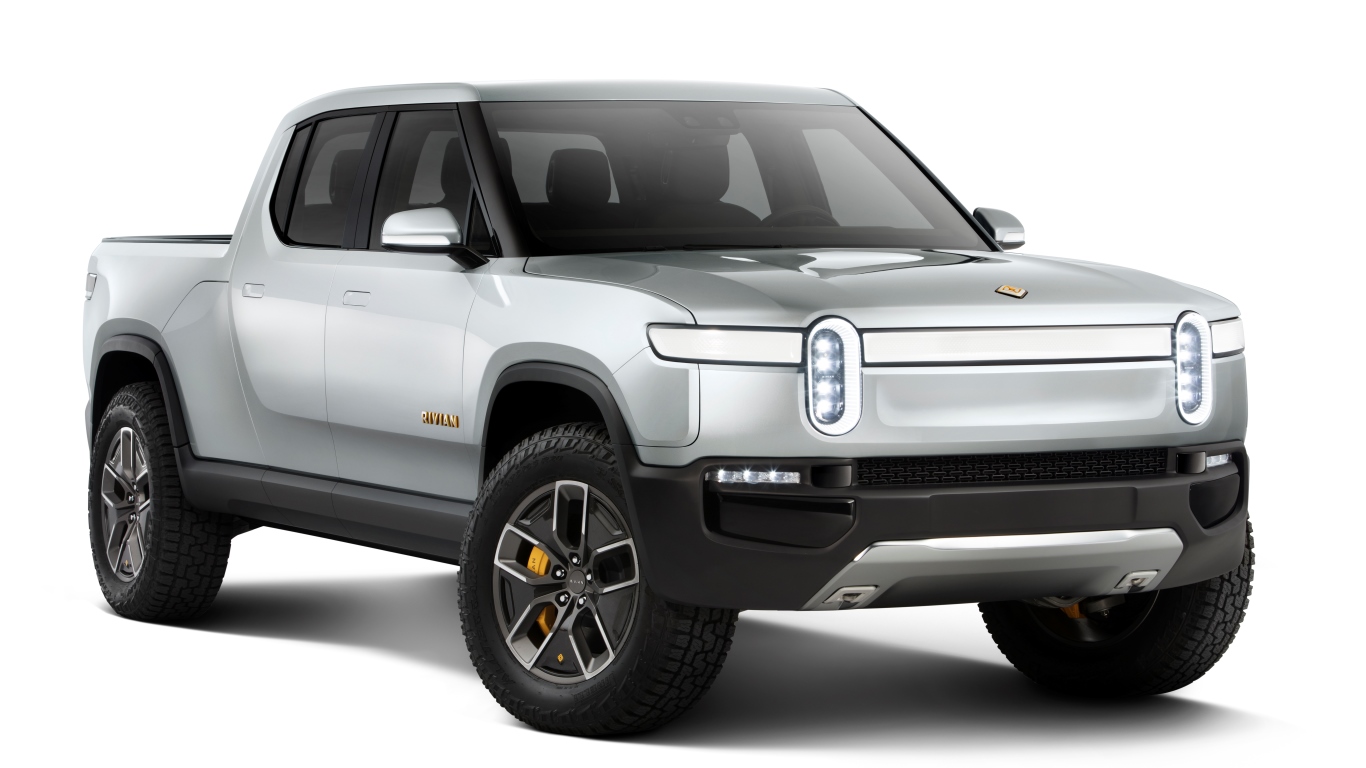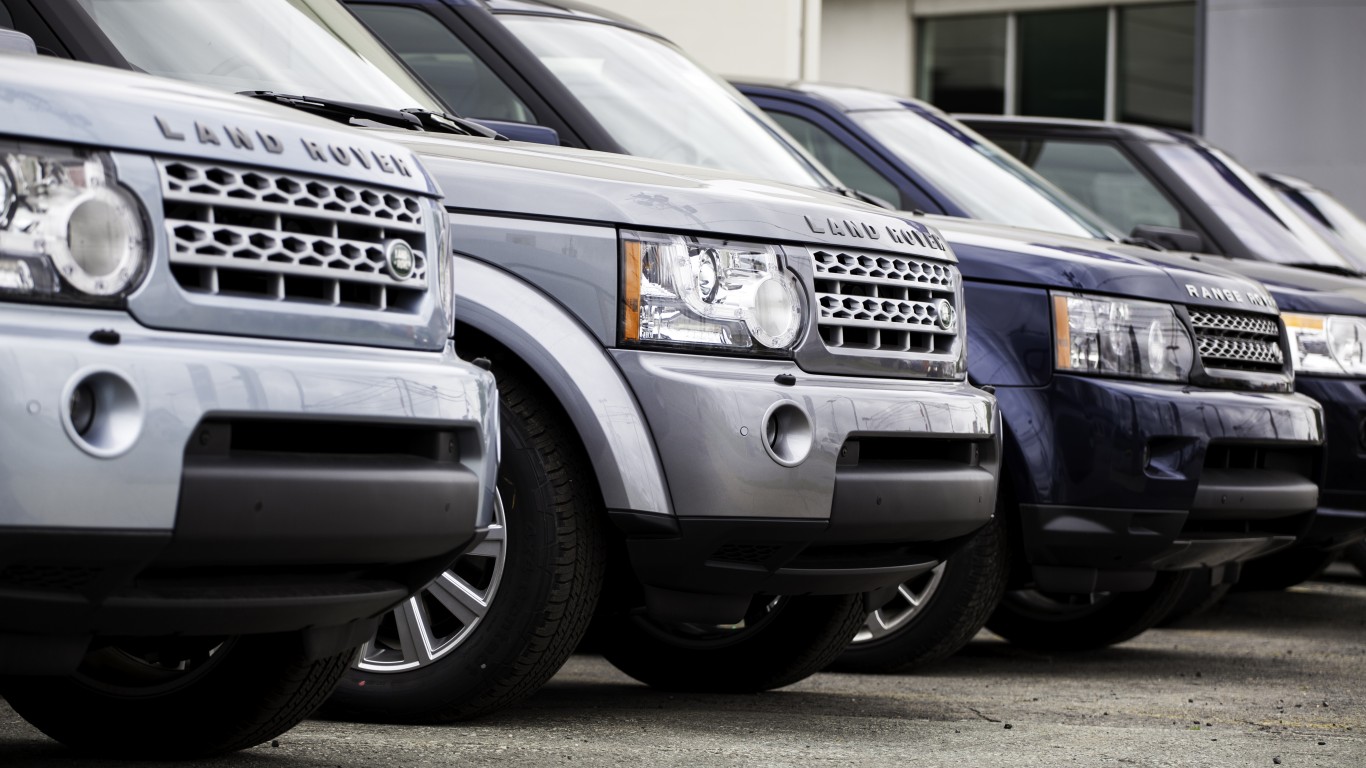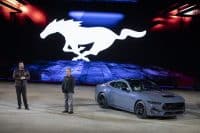
Last Thursday, four automakers struck a deal with the state of California maintaining stricter fuel-economy and emissions standards than those proposed by the Trump administration. The companies involved in the deal are Ford Motor Co. (NYSE: F), Volkswagen Group of America, American Honda Motor and BMW of North America.
The new agreement is very much like the agreement that Trump wants to replace. The four carmakers have agreed to produce vehicle fleets that average nearly 50 miles per gallon (mpg) by 2026. That is near the 51 mpg target that all automakers agreed to in 2012 with the Obama administration.
In exchange, automakers gained some flexibility in meeting the emissions goals set out by the 2012 agreement and have reduced the average improvement in fuel-economy from an annual rate of 4.7% to 3.7%. California even agreed to keep the reduction if a Democrat wins the White House in 2020 and the new president wants to return to the 4.7% annual improvement.
In early June, 17 automakers sent the Trump administration a letter pleading for single regulation on fuel economy and emissions. From the industry’s point of view, having to meet two sets of regulations is the less desirable outcome. The Trump administration’s plan freezes mpg requirements at the 2020 level until 2026. If the automakers are going to have to boost their mpg ratings for the country’s most populous state, better to let the tail wag the dog.
The administration’s response to the California deal, according to a report in the Washington Post, is that “[t]he federal government, not a single state, should set this standard.” The administration also has claimed that pausing the mpg improvement at 2020 levels will make vehicles more affordable and make U.S. roads safer. Trump also wants to revoke the part of the law that allows California to set higher standards than the rest of the country.
Automakers, both in 2012 and now, are counting on expanding sales of hybrid and all-electric vehicles (EVs) to help them get to that 50 mpg fleet rating. It won’t be easy. Nearly 12% of all vehicles sold last year were full-size pickups, compared to less than 4% for new hybrids and EVs.
That’s one reason Ford is pouring so much funding into electric pickup maker Rivian. Ford’s F-Series pickups have been the best-selling vehicle in the country for decades. An all-electric pickup is critical to the company.
The other two Detroit Three — Fiat Chrysler Automobiles N.V. (NYSE: FCAU) and General Motors Co. (NYSE: GM) — have punted for now. FCA is reviewing the California deal and will look over the Trump administration’s proposal when it becomes available. A GM spokeswoman told the LA Times that GM wants to find a compromise “that includes the administration.”
The Trump administration’s proposal should make an appearance before the end of the year, and then the battles can begin for real. California definitely has won the first skirmish.
Travel Cards Are Getting Too Good To Ignore (sponsored)
Credit card companies are pulling out all the stops, with the issuers are offering insane travel rewards and perks.
We’re talking huge sign-up bonuses, points on every purchase, and benefits like lounge access, travel credits, and free hotel nights. For travelers, these rewards can add up to thousands of dollars in flights, upgrades, and luxury experiences every year.
It’s like getting paid to travel — and it’s available to qualified borrowers who know where to look.
We’ve rounded up some of the best travel credit cards on the market. Click here to see the list. Don’t miss these offers — they won’t be this good forever.
Thank you for reading! Have some feedback for us?
Contact the 24/7 Wall St. editorial team.




